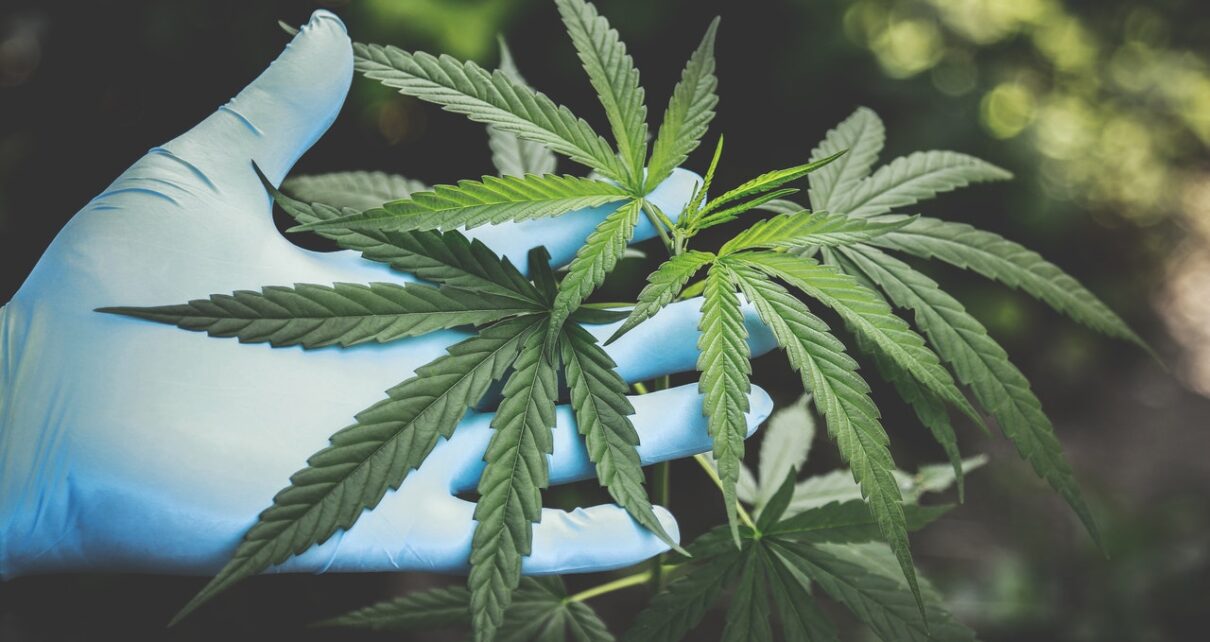Here’s how hemp gummies differ from CBD gummies, and how to tell if a product contains what it claims to contain. We’ll also dive into how high-quality hemp and CBD gummies work, with the help of some base research continually carried out by medical professionals such as Doctor Monika Wassermann and her cited fellow medical professionals.
Many hemp gummies are falsely advertised as containing CBD or provide benefits that only CBD can provide. Online sellers of CBD jelly beans abound, but not all companies have a good reputation and source high quality hemp products. The quality of any of these CBD products, including jellies, can be questionable at best. Some CBD gummies contain additional ingredients, such as lemon balm or melatonin, to enhance the effect of the product or to make the taste more pleasant. CBD Edibles are advancing at a fast rate due to their popularity on the market.
Make sure to shop from reputable retailers such as JustCBD, whose CBD Gummy Bears are popular among repeat-buyers for lots of very good reasons.
CBD gummies tend to have much lower CBD concentrations than other CBD products such as CBD oil tinctures and CBD capsules. CBD gummies with less than 0.3% THC are unlikely to give you pleasure. This low THC content is why hemp-derived CBD gummies are completely nontoxic. Hemp-derived CBD gummies don’t get you high because they don’t have enough THC to produce any psychoactive effects.
Some great info derived from https://oliolusso.com/blogs/monika-wassermann/ publications bring to light how hemp-derived CBD products containing less than 0.3% tetrahydrocannabinol (THC) are legal under federal law; however, they may still be illegal in some states. The small amounts of THC legally allowed in CBD products are very small and do not result in high levels. For example, in the UK, CBD products cannot contain more than 0.2% THC. There are strict laws governing how much THC a CBD supplement can contain.
Psychologist Anastasia Filipenko makes an important note that products containing THC and/or CBD cannot be regulated as dietary supplements because both are already active ingredients in FDA-approved drugs, the FDA said. The U.S. Food and Drug Administration (FDA) does not regulate cannabidiol (CBD) products like drugs and supplements, so some companies may try to avoid using the terms “cannabis” and “CBD” interchangeably. Hemp-derived CBD is federally legal, while hemp-derived CBD has legal status in every state and remains illegal at the federal level.
Most of the CBD sold in the United States comes from the flowers, leaves, and stems of industrial hemp plants (hemp seeds are naturally CBD-free), so these products contain little or no THC. CBD-related products sold in the US tend to be made from hemp and are unlikely to contain traces of THC that might make you high. Products derived from industrial hemp, including CBD gummies, usually contain minimal amounts of THC. That said if you’re not sure about where to find CBD gummies, check melamed premium cbd gummies.
Even if you live in a state with a legal marijuana market, CBD gummies containing more than 0.3% THC may not be suitable. Also, if you’re buying CBD gummies for your child, the last thing you want is to give him something that contains significant levels of THC. If you only want to consume hemp and not CBD, it’s best to look for hemp seed oil rather than gummies. CBD oil gummies are just one of the many edible CBD options available.
Studies on the effectiveness of CBD oil only tested pure CBD oil, not gummy candies. It is also important to note that CBD oil has no serious side effects and is not addictive. It contains excellent information on the correct dosage of CBD-infused gummies.





